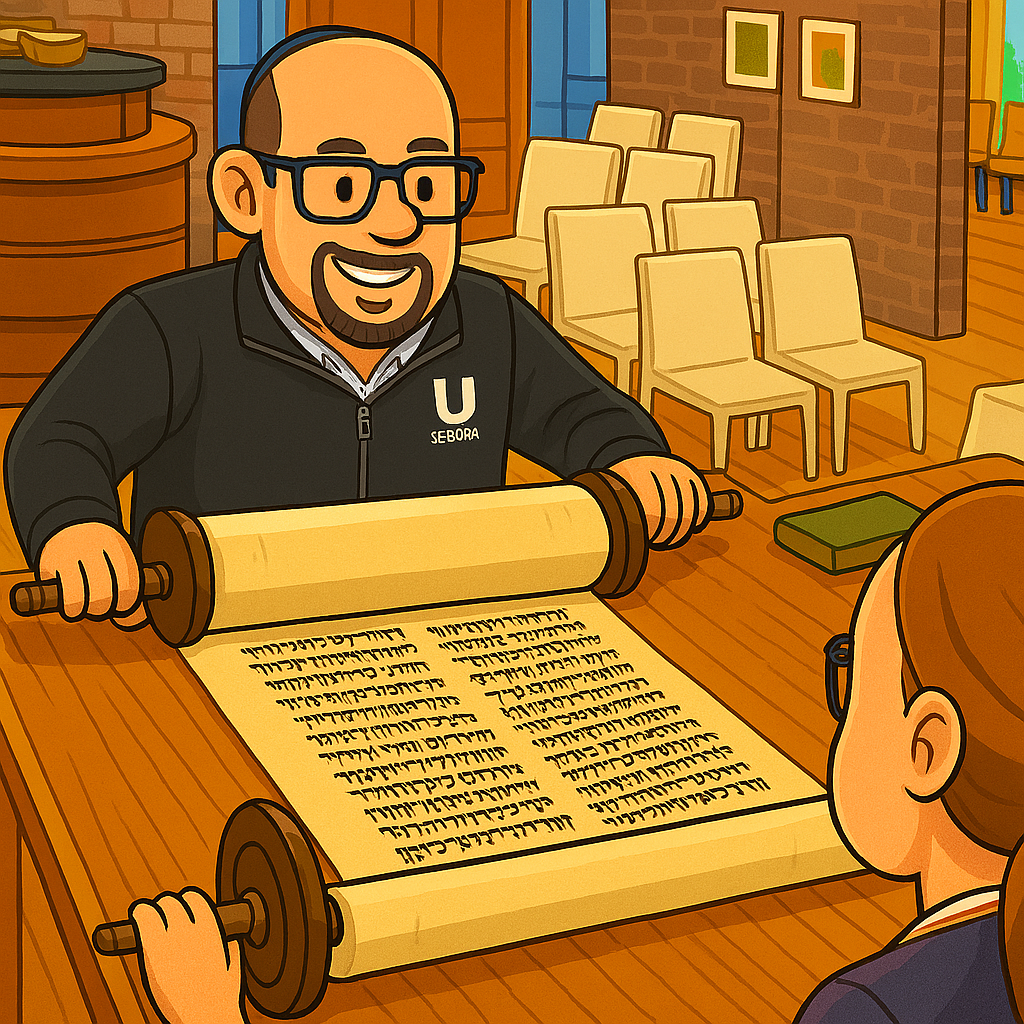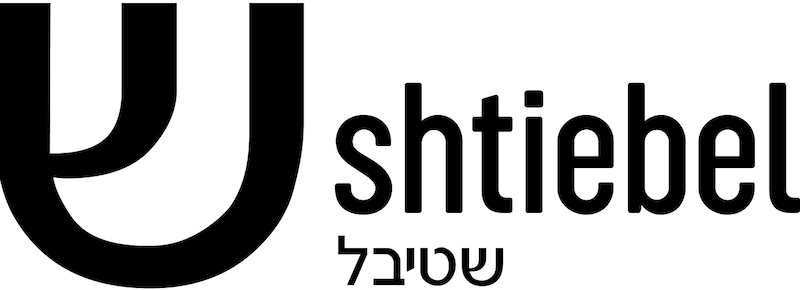Not long ago, I sat across the table from a young person preparing for their B’mitzvah. They looked up at me, wide-eyed and a little nervous, and asked, Gersh, what if I get it wrong? What if I forget the words or make a mistake?

I paused, then smiled and said, You cannot get it wrong. You are not here to perform. You are here to step into who you already are. This is not about perfection. This is about belonging.
That conversation has stayed with me because it captured something I keep seeing in different forms, a quiet fear that this moment is just another performance, another exercise in meeting someone else’s expectations.
In our tradition, one of the oldest recorded B’mitzvah customs is found in the Shulchan Aruch. When a child comes of age, a parent rises and speaks a curious blessing, thanking the One who has freed them from responsibility for this child. At first, it sounds almost dismissive, as if the parent is stepping away. But at its heart is something much deeper. It recognises that this moment is not simply ceremonial. It is a threshold. A young person begins to carry the weight of their own choices, their own relationship to mitzvot, their own place in the story of our people.
And this threshold matters now more than ever.
We are living in a time when our children are shaped by so many forces, the values and principles they see at home, the culture that unfolds in their classrooms, the constant stream of voices and images on their screens. In an age of TikTok and endless commentary, it takes courage to say, I am proudly Jewish, and to mean it in a way that feels authentic.
Yet for all that, we still too often treat B’mitzvah as something to be copied and pasted from the past. A script to be recited without question. A programme to be completed because that is simply what one does.
I say this with respect, but also with conviction. There is something tragic in the way some families set aside their critical thinking, their questions, and their hopes for what this experience could be. It is as though the power of the moment has been traded for the comfort of the familiar.
Popular culture has not helped. Whether it is the Broadway musical Thirteen or the recent Adam Sandler film You Are So Not Invited to My Bat Mitzvah, B’nai Mitzvah are too often reduced to a kind of teenage spectacle, equal parts comedy and anxiety, focused on outfits, parties, and social currency. These portrayals may be exaggerated, but they are close enough to the truth to feel uncomfortable. They remind us how easily a moment that could be formative and transformative slips into something transactional or trivial.
Too often, we see a disproportionate focus on the what of the B’mitzvah. The minutiae. The catering, the decorations, the theme, the details of the party. All of this energy goes into planning the celebration, but much less into asking why we are marking this milestone in the first place. What is this moment meant to mean for the young person who stands at the centre of it? What are we hoping it will become as they grow from a tween into an adolescent and eventually into an adult?
There is nothing wrong with celebration. But when tradition is reduced to performance, when it becomes an obligation rather than an opportunity, it loses the capacity to shape a life.
One of the most beautiful teachings in Pirkei Avot tells us, Make for yourself a teacher. Acquire for yourself a friend. It is a reminder that learning and belonging are relational. These relationships, between student and teacher, between child and community, are what sustain Jewish life far beyond a single ceremony.
A B’mitzvah should be formative and transformative. It should be a space where young people can ask:
What does Judaism mean to me?
What does it look like to be, to become, and to belong?
What skills do I need to live as a Jew in the present, and to imagine the Jewish future?
I feel privileged that in the world we live in, when a young person saves my number in their phone, it is not just for the weeks leading up to the celebration. It is a small promise that they will know where to turn when they have questions, when life gets complicated, when they are searching for meaning or comfort.
If a B’mitzvah experience can leave a young person with that trust, that sense of connection, and that courage to stand in their own Jewish story, then I believe we have done something lasting.
Becoming B’mitzvah is never only a celebration. It is an act of courage and of love. It is a declaration that no matter the uncertainty of the world, Jewish life will endure. Because our children will claim it for themselves, in their own voices, on their own terms.
And that, I believe, is the greatest blessing of all.
If you would like to learn more about what it means to become B’mitzvah with Shtiebel, or to explore our Jewish Journeys programme, I invite you to visit www.shtiebel.org.au/bmitzvah. We would be honoured to walk this path with you and your family.
